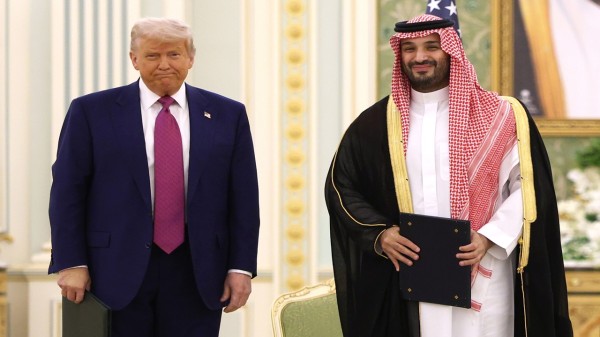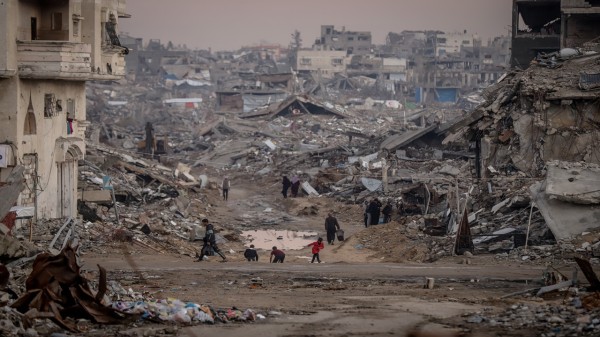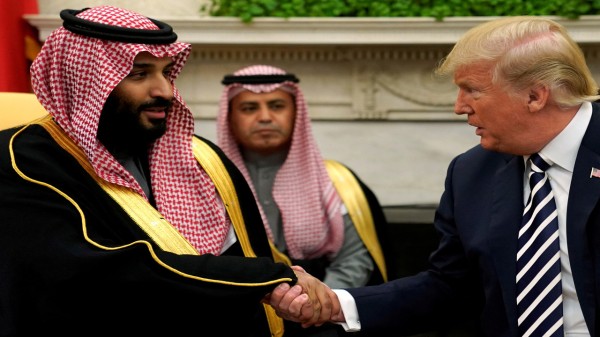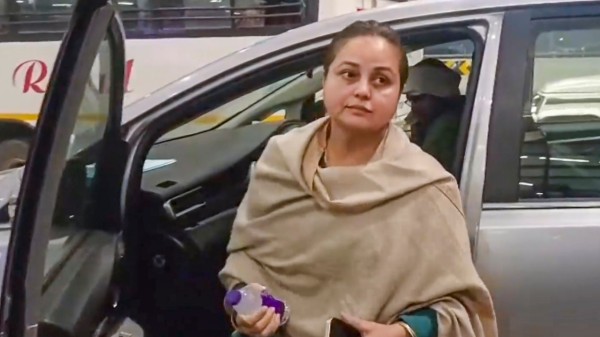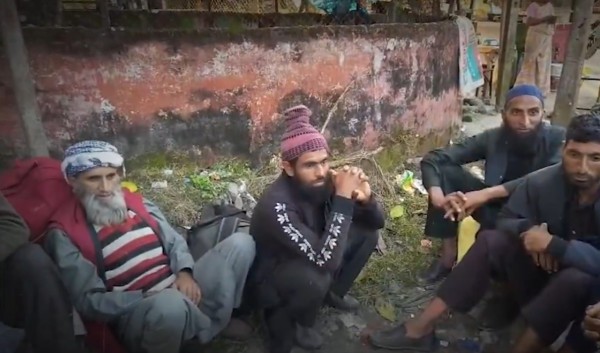

By signing in or creating an account, you agree with Associated Broadcasting Company's Terms & Conditions and Privacy Policy.


By signing in or creating an account, you agree with Associated Broadcasting Company's Terms & Conditions and Privacy Policy.
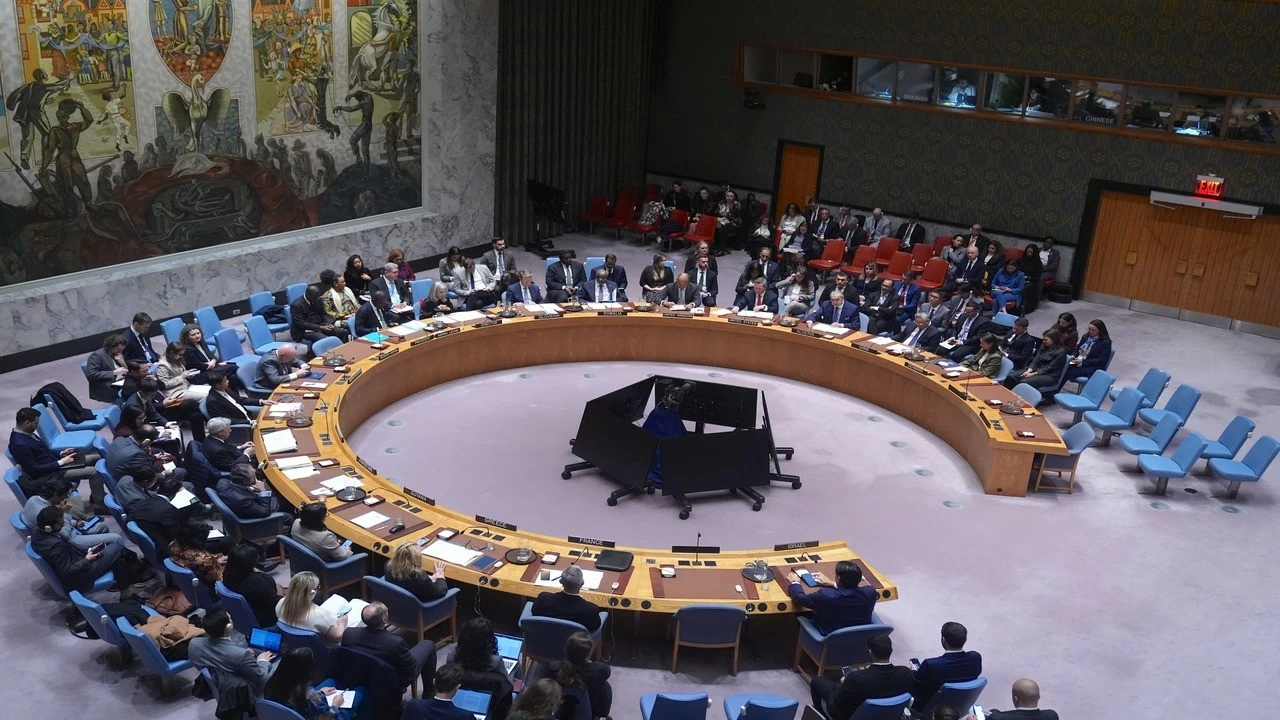
New Delhi: In the latest development in the Israel-Palestine conflict, the UN security council has endorsed Donald Trump’s peace plan for Gaza. This includes the deployment of an international stabilisation force and a possible path to a sovereign Palestinian state, two contentious issues for both sides.
The resolution was passed by a vote of 13-0 with abstentions by China and Russia. The US envoy to the UN, Mike Waltz, told the council chamber that the step charted “a new course in the Middle East for Israelis and Palestinians and all the people of the region alike”.
Those in favour of the resolution said that now the peace deal should commence further, with lifting of remaining curbs on the flow of aid into Gaza being a priority. The creation of an international stabilisation force (ISF) in the region was another major point raised in the meeting. Something which would help in the possible “pathway to Palestinian self-determination and statehood” after Israeli withdrawal from Gaza.
On the eve of the UN vote Israeli prime minister Benjamin Netanyahu restated his government’s adamant opposition to the creation of a Palestinian state. One of the most contentious points for Israel rising from the UN vote meeting and something on which its eventual success depends.
“The transitional arrangements that we embark on today must be implemented in accordance with international law and respecting Palestinian sovereignty and self-determination,” James Kariuki, the UK chargé d’affaires said on the other hand.
Nonetheless the resolution is a rare example of concerted action by the UN over Gaza. It gives overall oversight authority to a “board of peace” chaired by Trump. The board too is contentious in its action, with uncertainty about its membership a major concern. It also calls for the creation of a Palestinian technocratic committee to run everyday of the Gaza Strip. Its role in to that end is also not well elucidated.
While Israel has stated objection to the Palestininian statehood part, Hamas too rejected what it described as an imposed “international guardianship mechanism”. It stated that in response it would not disarm, something that could result in major complications for the peace deal.
The UN Security Council vote is nonetheless a major diplomatic win for Trump’s Gaza plan, giving it a much-needed international legitimacy. Nonetheless despite the UN backing, risks remain when it comes to the completion of the plan. Hamas’s resistance to disarming is one, so is Israel’s disapproval of the eventual existence of a Palestinian state. While it may still be uncertain to define this as the beginning of the end of the Israel-Hamas war, it is a positive step from active military escalation to a transition toward reconstruction and looking for political alternatives.

